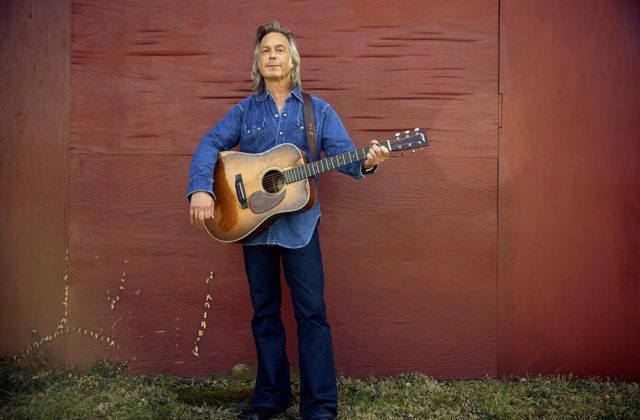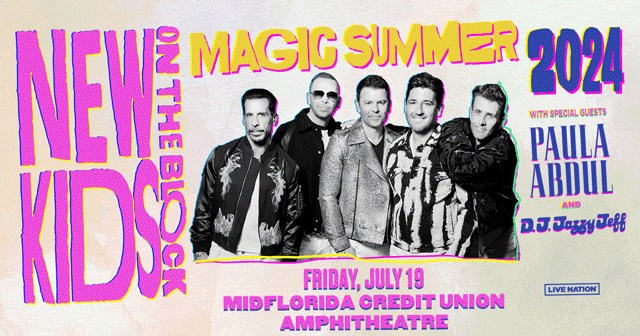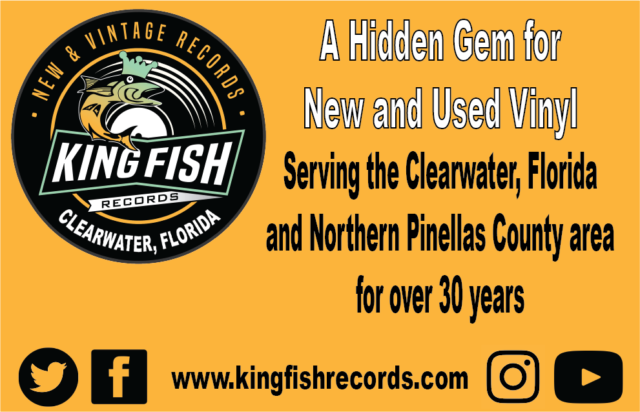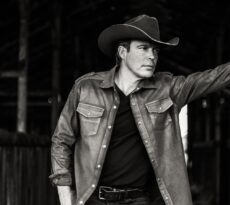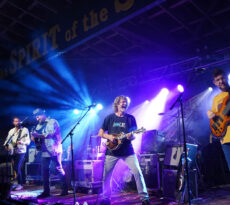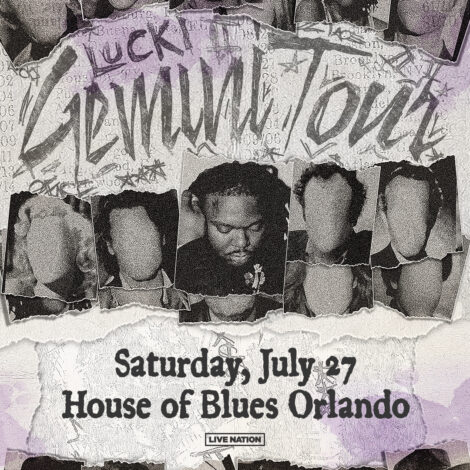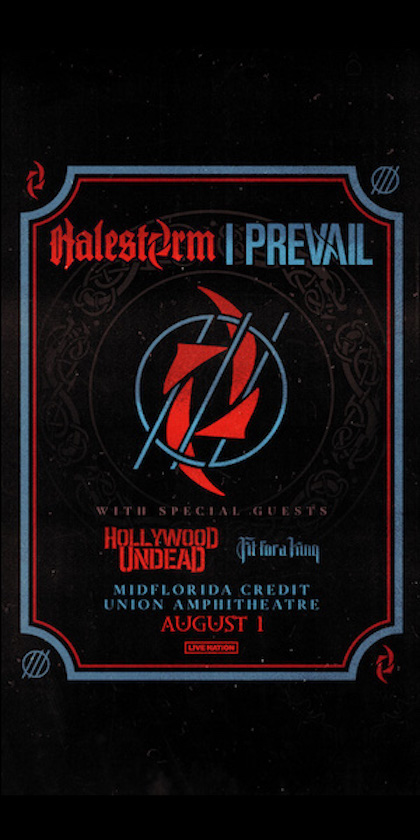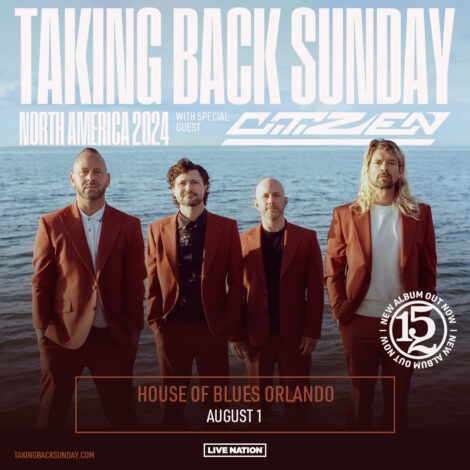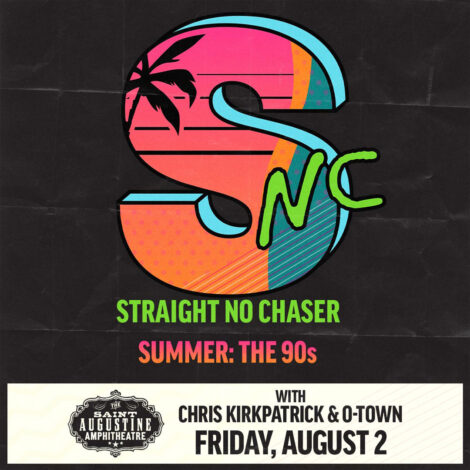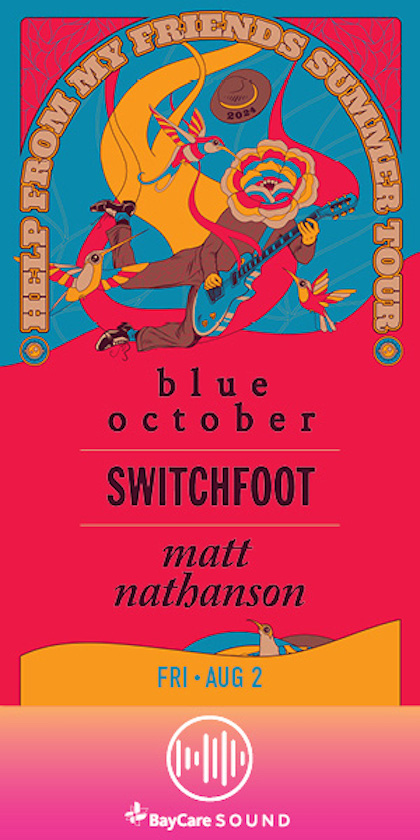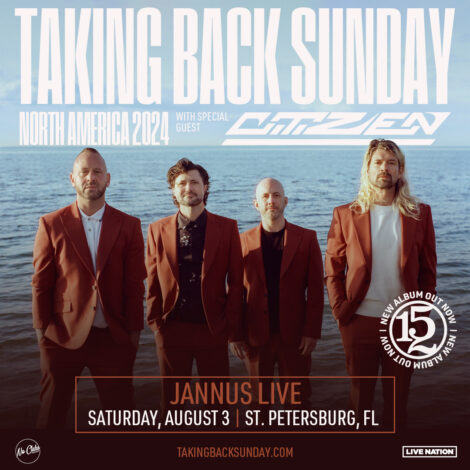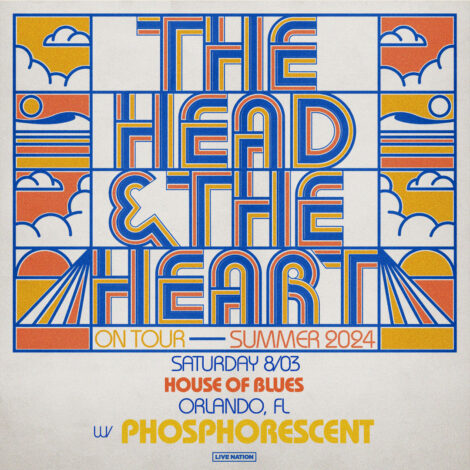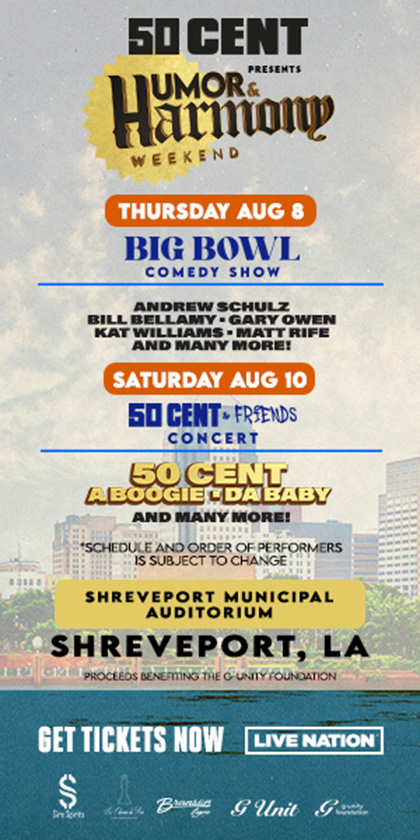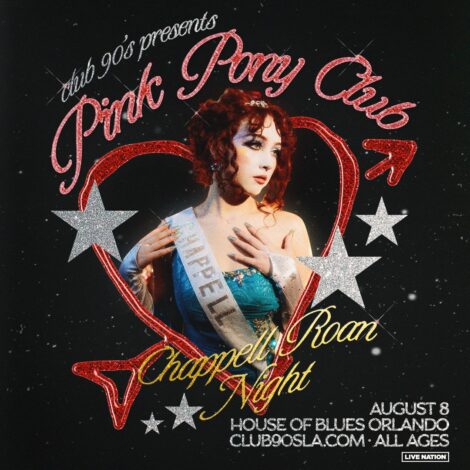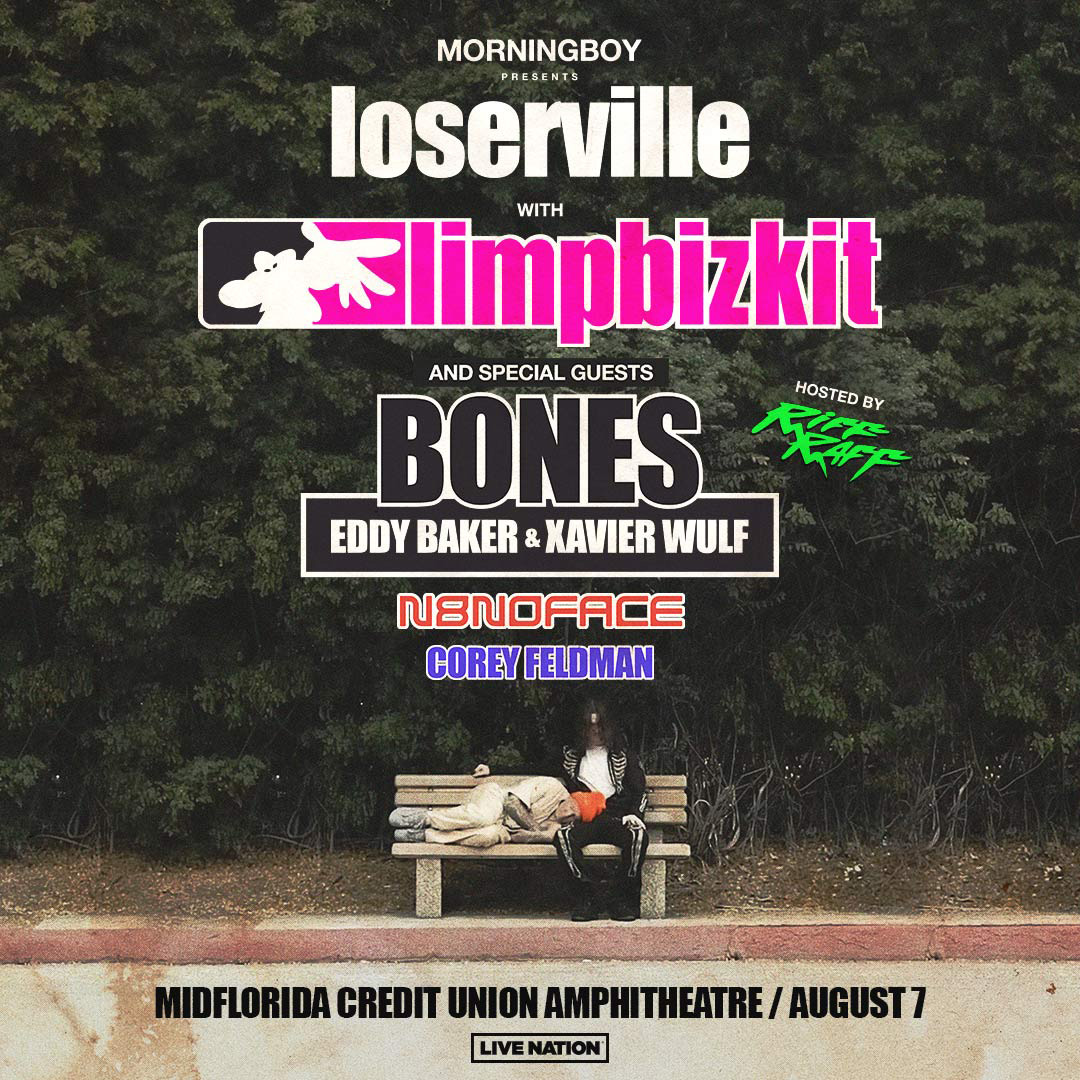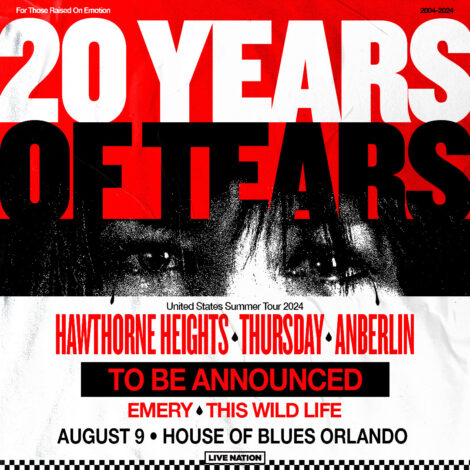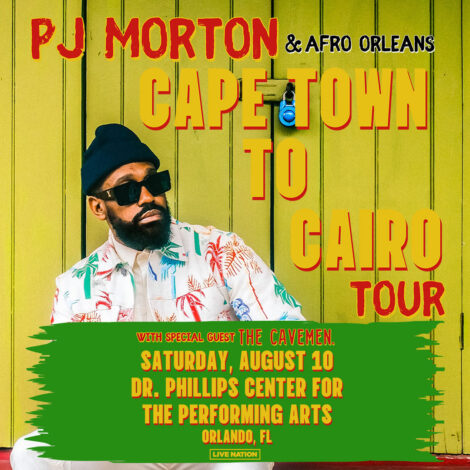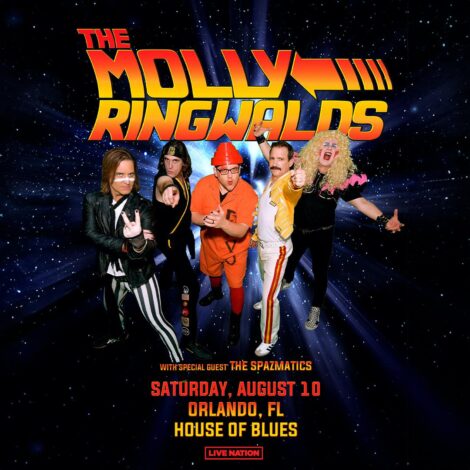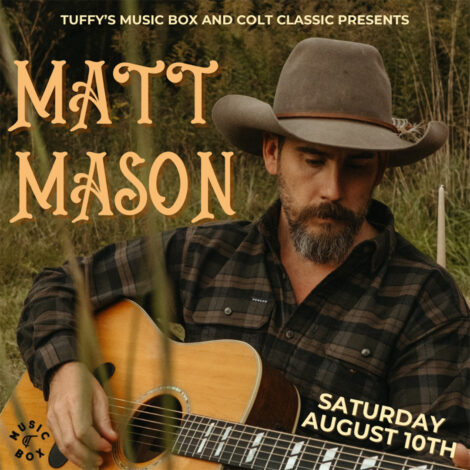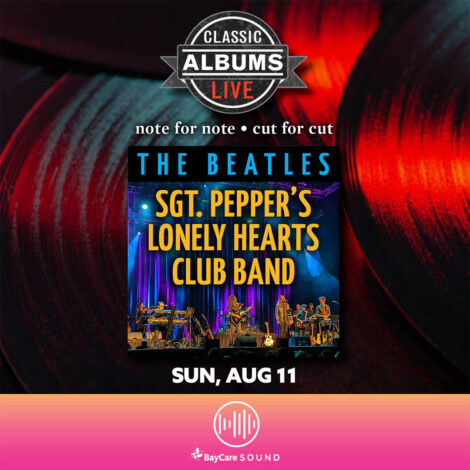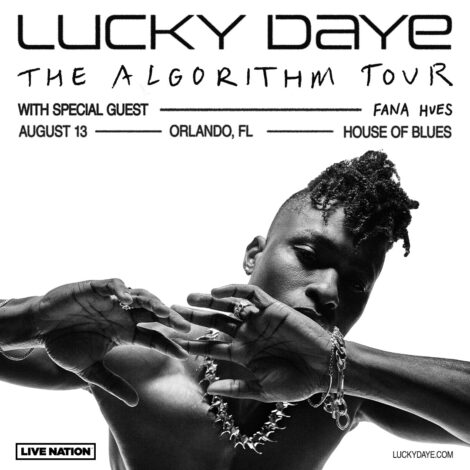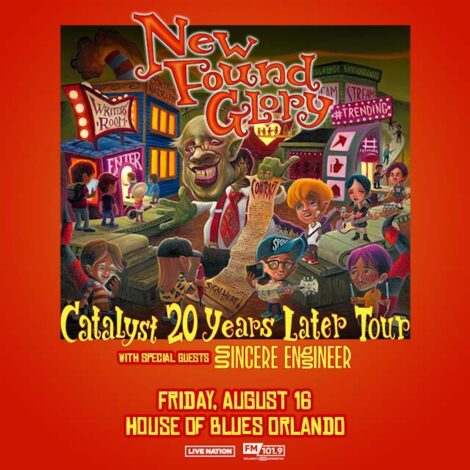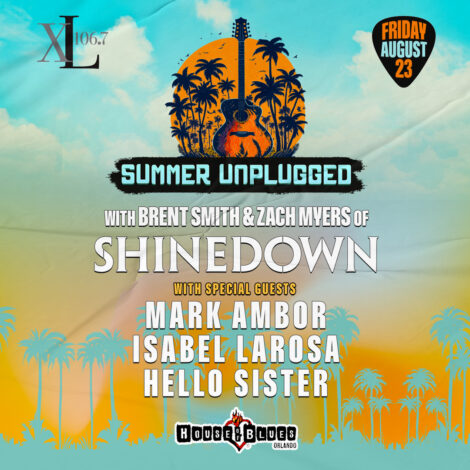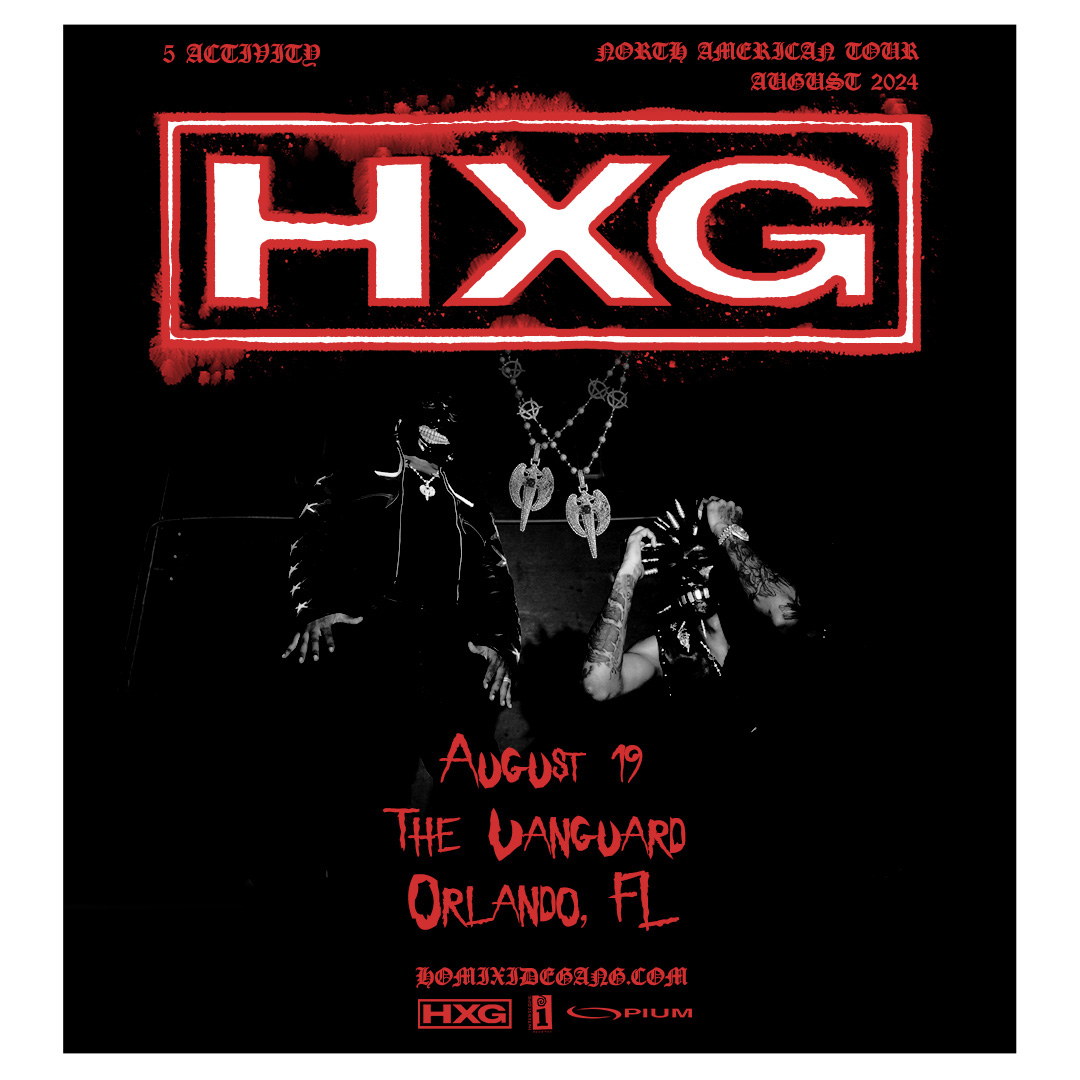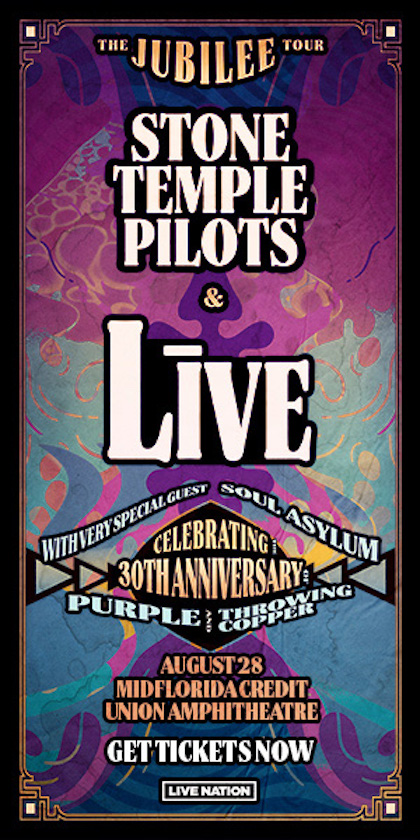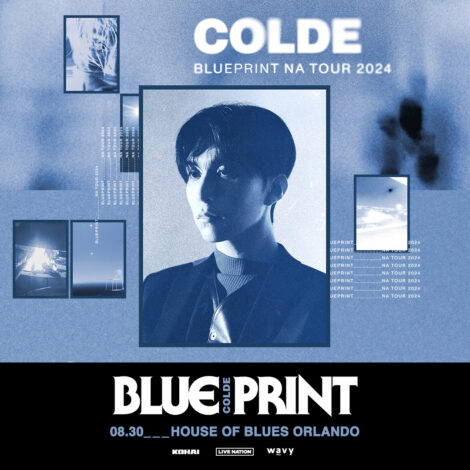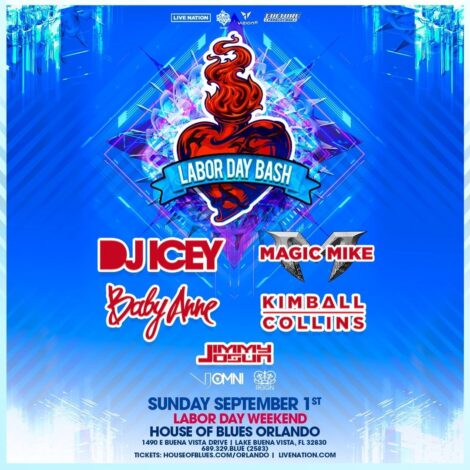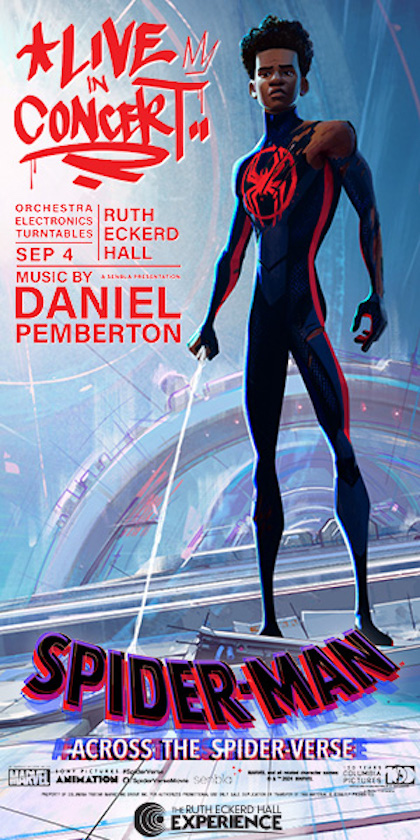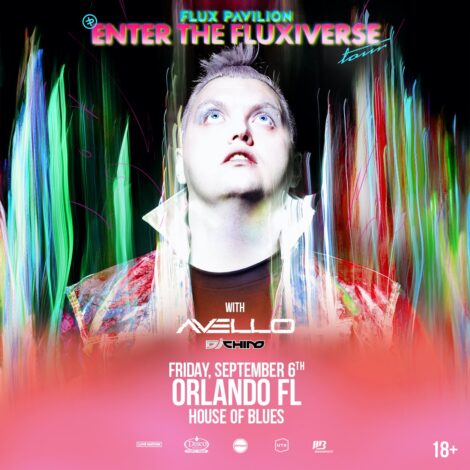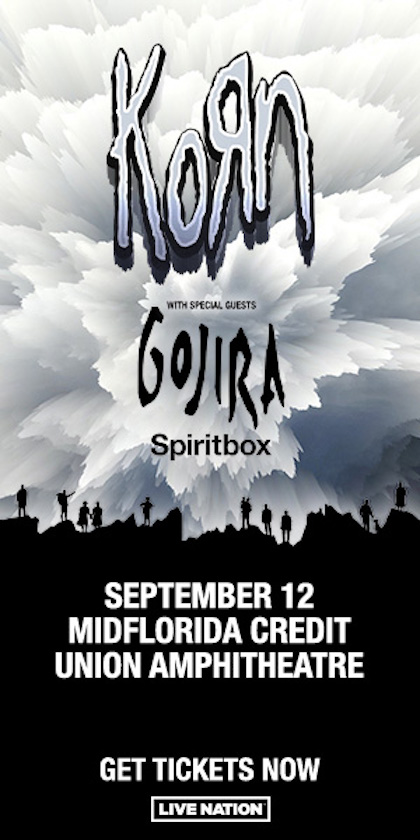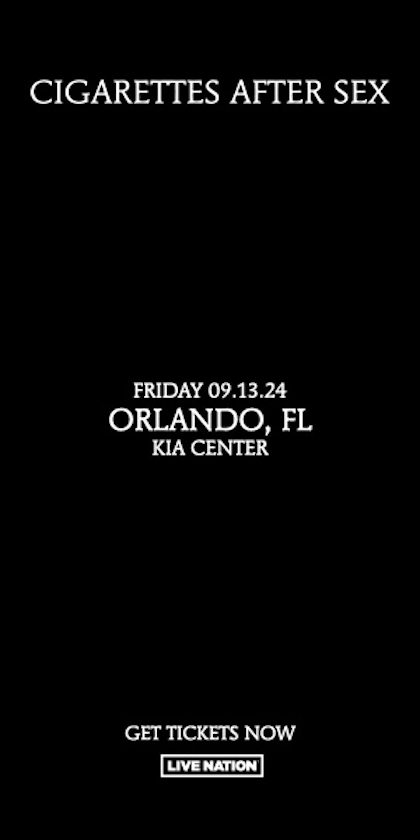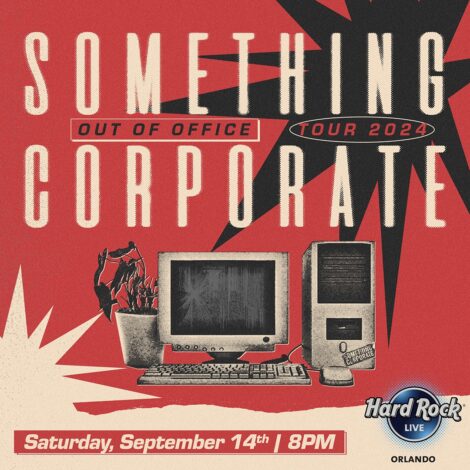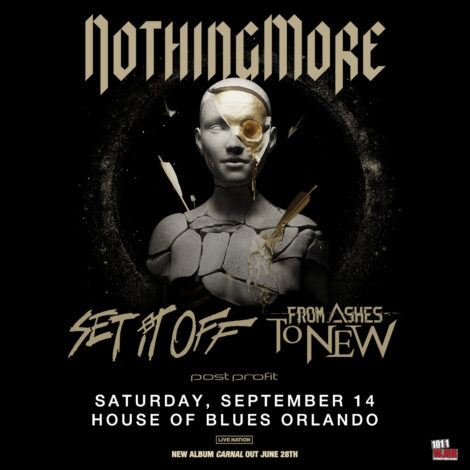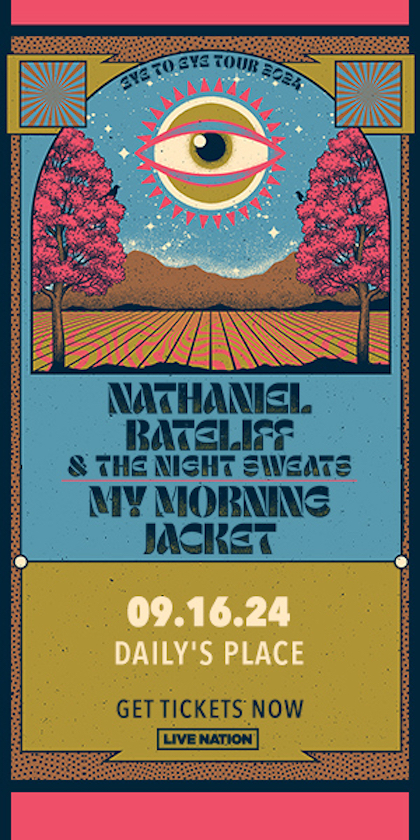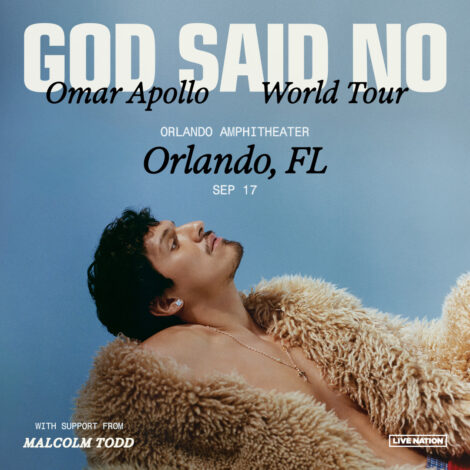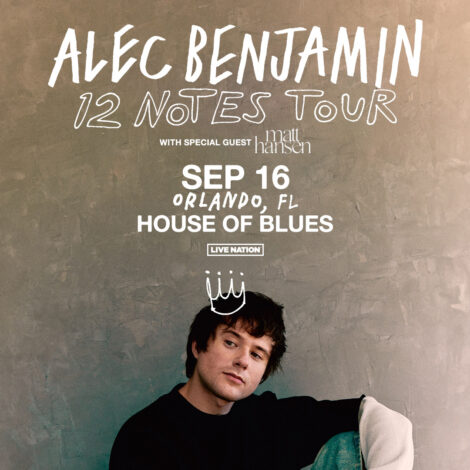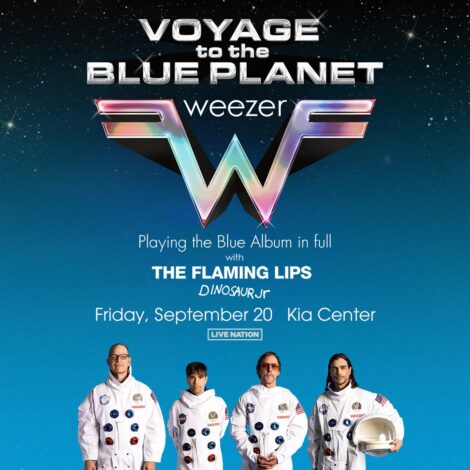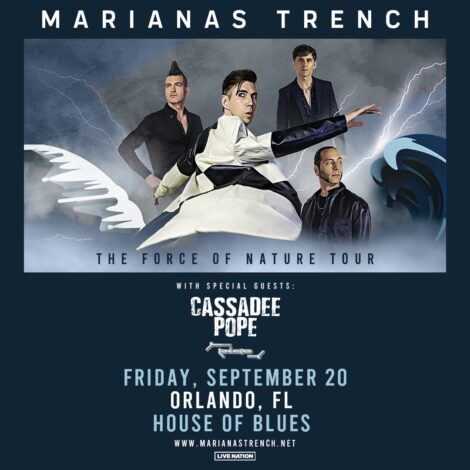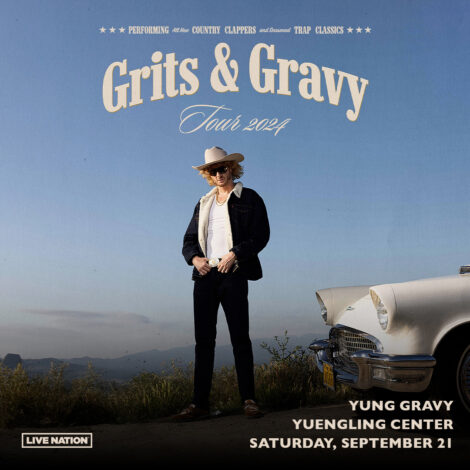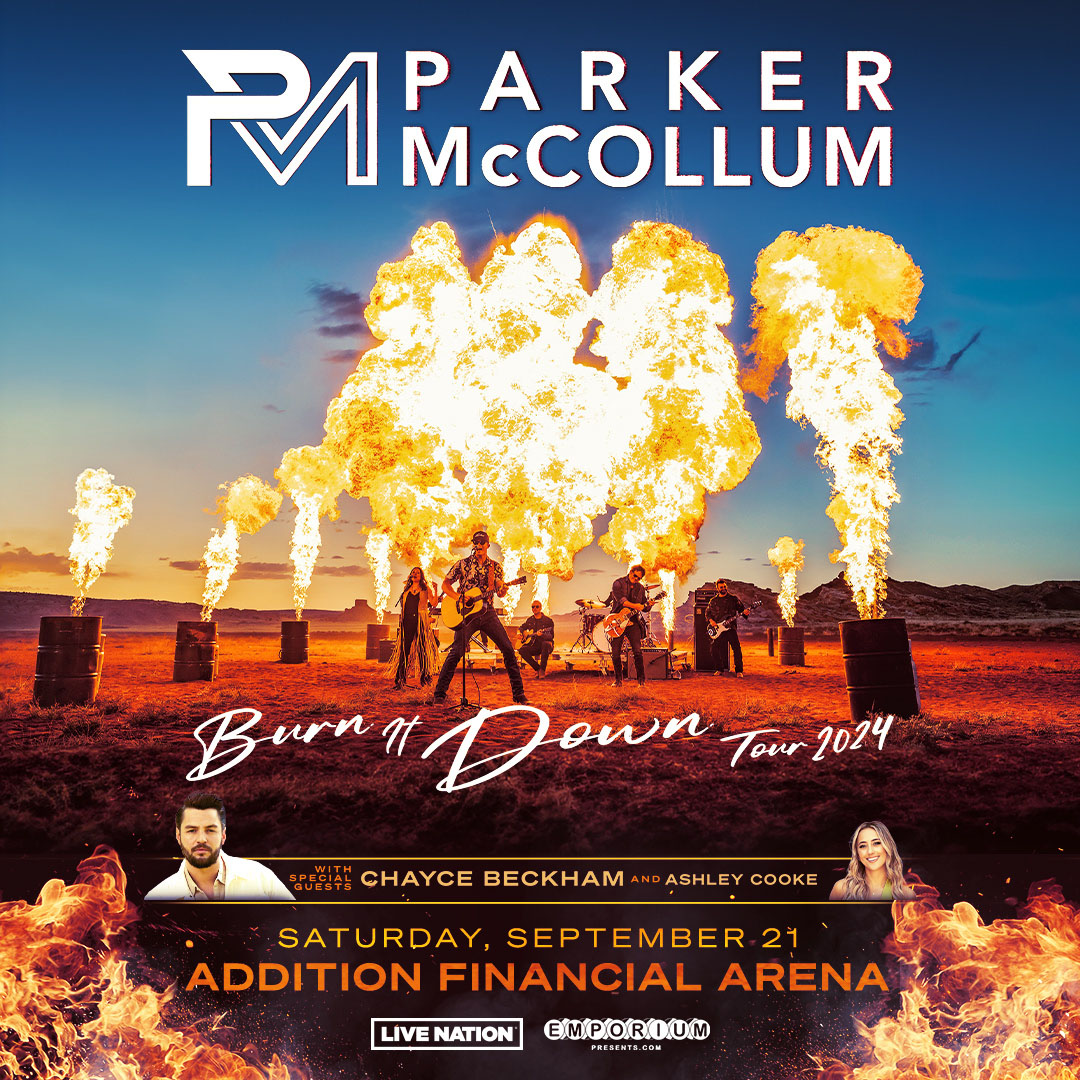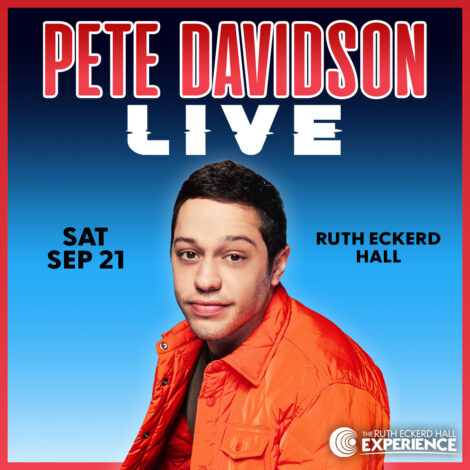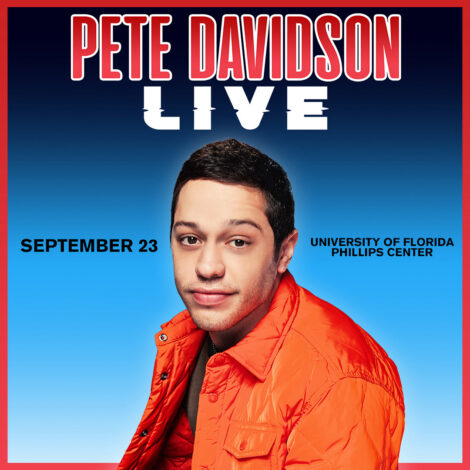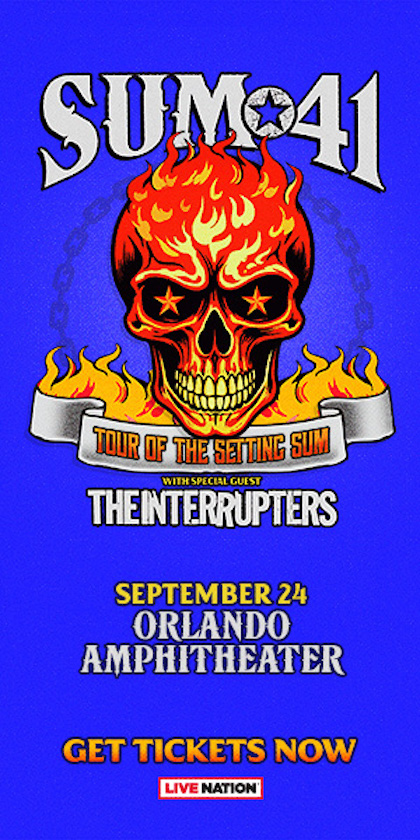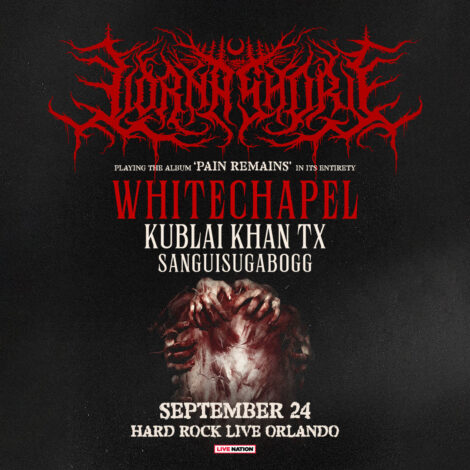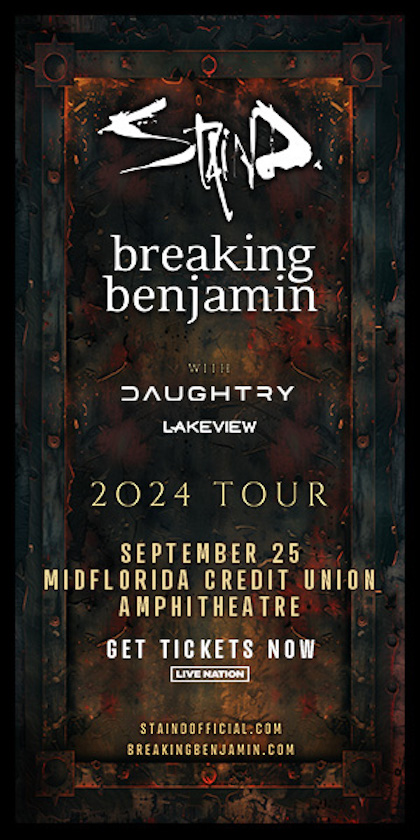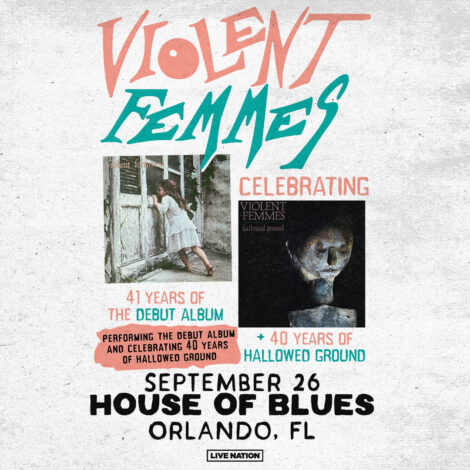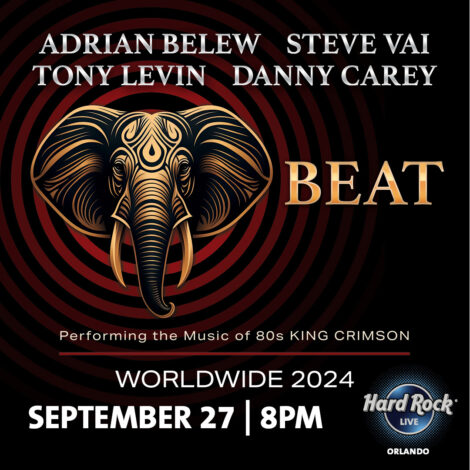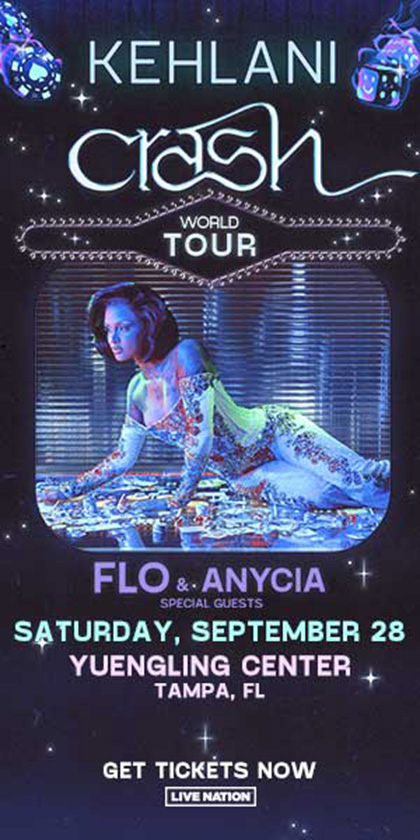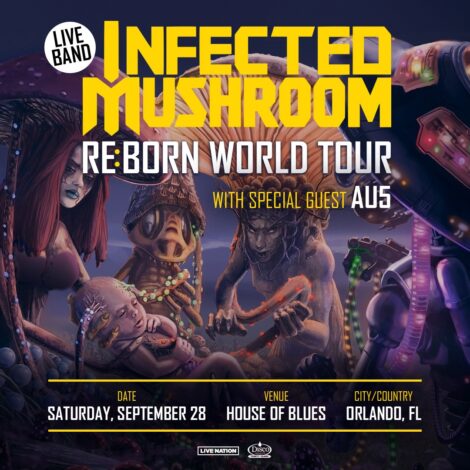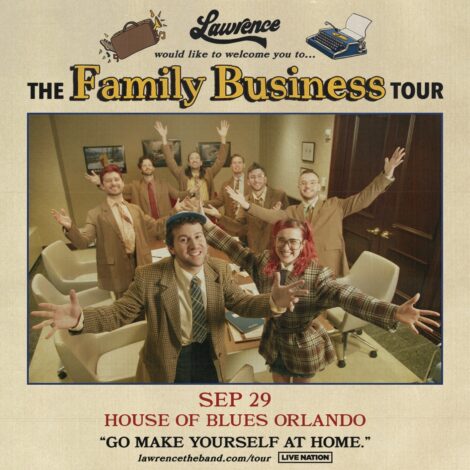Jim Lauderdale had a good September. First, the Americana Music Association Awards — for which he has served as emcee for fifteen years — presented him with their Wagonmaster Award. Named after Porter Wagoner, a hero of Jim’s, the award recognizes outstanding contributions to the music genre now known as Americana. For over twenty-five years, Lauderdale has been making albums, collaborating with legends, and writing hits for some of the biggest names in the genre. Fourteen of his compositions have been recorded by George Strait. One of those tunes, “We Really Shouldn’t be Doing This,” finds its way onto Lauderdale’s excellent new album, This Changes Everything.
Lauderdale sat down with us at Suwannee Roots Revival after playing a wonderful set and doing a gracious meet and greet with fans at the festival. What we learned is that Jim Lauderdale is a first class gentleman, a prolific expressive, and a delightful conversationalist.
We hope to release this talk as a podcast this winter, but the conversation was too good to sit on for that long. Here is a transcript of the highlights, and look for The Marinade with Jason Earle coming very soon.
Jason Earle, SIGT: You have had some incredible stuff going on recently. First of all, congratulations on your new album, This Changes Everything. It is fantastic.
Jim Lauderdale: Thank you.
SIGT: I happened to find an interview of you speaking with Jason Isbell at the Grammys. You were talking about creativity and the fact that he has to give himself a deadline. And you said you also work better with a deadline.
I do, unfortunately. I’m finding more and more as the years go by that finding the time to sit down and write… I’ve started a few ideas this weekend. I have a few ideas that come at funny moments. One or two will come in the dressing room. I really take advantage of the time I get by myself. Jeb and I started writing a song last spring. I sat in one of these dressing rooms and I finished a verse after the festival. We will sit around and jam after the festival. Sometimes ideas will come during that jam. Ideas just come at odd times.
SIGT: Do you think some of that comes from the fact that you are here, in this place, playing with other interesting people?
That’s gotta be part of it. There is a rush you get when performing. And this is such a sweet festival. There are just so many kind, good people. It is really inspiring to play with these other people. I think that does help my creativity while I am here. Jeb (Puryear) and I… I think we started this song in his aunt’s kitchen in Nashville. It was called “Except for That One Time,” and we finished it here last year. We have been playing it live and will probably do so tonight at the closing jam.
SIGT: There really is something magical about this place.
There really is. And for a writer, there is something really special about this place. It is a nice environment. There is something about the vibe that is so pleasant, exciting, and inspiring.
SIGT: Congratulations on the Americana Music Association’s Wagonmaster Award.
Buddy Miller and I presented this award to Porter Wagoner. Unfortunately, he passed away before receiving the award. Thankfully, he knew about it. I really loved him a lot. I watched his TV show as a kid. I’d always joke when he was in earshot: “Folks, I like classical music. I like Wagner, Porter Wagner.” He had this great laugh, he’d go “Ha!” He was the first one to do a country concept album.
SIGT: Have you done a concept album?
I don’t think so. “This Changes Everything” is a kind of a concept album. I wanted to capture a Texas vibe. But I don’t know whether you would officially call it a concept album. It just fits a certain theme or vibe.
SIGT: You have collaborated with all these incredible people — from Buddy Miller to Dr. Ralph Stanley. Do you approach collaborations differently than writing for yourself?
Yes. Ralph Stanley, for instance, had such a distinct style that the songs could not be too far out of the box. It had to sound like Ralph Stanley. When I was doing that record and would play something for him, I knew it was not passing muster when he would say, “You know Jim, I think you should save that for your record.” He was gracious about it but I knew that song wasn’t up to snuff.
SIGT: Where do you keep all those ideas?
I used to keep a tape recorder. Now I just use my phone. When I write, the melody will come to me. I’ll send that melody to a songwriting partner, like the great Robert Hunter, and he will go into the next room and come up with something.
SIGT: Outside of music and outside of collaboration, what inspires you?
Just life. Happy or sad situations. News. A phrase somebody says. I think, ‘I’ve never really heard that.’
Things that are fresh inspire me. It is really hard not to write something that has already been written thematically or title-wise. Melodically I try to be careful that something is not too similar to something else. That’s something songwriters just have to do: challenge themselves to do something new.
SIGT: That’s gotta be tough. You are going to be influenced by people you respect and things that you love.
Absolutely. I can’t write as much as I would like to because I am touring all the time or recovering from touring. I am not in danger of overwriting. I don’t do it five days a week, six hours a day. That’s one reason I don’t get stale — I can’t do it all the time. When I finally do get that chance, I am really chomping at the bit to do it.
SIGT: Do you write more or less these days than you did in the past?
In the last few years I have written more than ever. I started out writing alone and now I have collaborators which helps the process. On this record called “I’m a Song,” then a record called “Soul Searching,” I wrote twenty four songs in a six-month period. And twenty in another three-month period.
SIGT: What was going on then?
It is the necessity of having to complete the songs with the recording process underway. On This Changes Everything, they are all co-written except for one. Those were older songs except for “Drive” that I wrote with Hayes Carll.
I want to get back into the studio with Luther and Cody Dickinson. That will be a soul-flavored record in Memphis, hopefully coming up in December.
I am due for a Bluegrass record too. I’ve got the albums lined up as far as a job to do. That helps me structure things. Okay, I’m in Nashville and am gonna do a country record. Then a Bluegrass record. And the soul record in Memphis.
Something like Royal Studios where Al Green used to perform helps inspire me to write. A place like that has a lot of flavor to it. Luther was recommending the same equipment Sam Phillips used. I may even go into the old Sun Studios. The environment and the task at hand inspire me.
SIGT: It’s kinda hard not to be inspired in that kind of environment. And in Memphis in general.
Yes. Exactly. There is something about Memphis. It has this great energy. That is the birthplace of rock n’ roll. It is a really magical place.
SIGT: Which records you have turned people onto or gifted to other people?
That might be something I have to think about. I’ve been making records for so long. There are some big albums that were touchstones for me. Layla, Meet the Beatles, The Beatles’ second album, The Best of the Stanley Brothers, Don Stouffer Things and Life, Magical Mystery Tour, The Best of Cream, Are You Experienced?, Elvis’ The Sun Sessions, Same Old Me by George Jones.
SIGT: Last night, with Donna the Buffalo, you played the George Jones’ “Race is On” after playing your Jones-inspired song, “The King of Broken Hearts.” What are your favorite songs to cover?
Otis Redding, George Jones, The Stanley Brothers.
SIGT: I am always amazed by musicians who cover Otis Redding. You have to know yourself to cover Otis Redding.
I always loved Otis Redding. I enjoy all kinds of music. I like hard country, soul music, blues, bluegrass. I’m glad I don’t have to do one thing.
SIGT: You mentioned you are overdue for a bluegrass record, and you are going to do a soul record. Do you have to scratch that itch? Is that what’s going on?
Yeah, the concept kind of leads me. The unwritten things start happening. Also, sometimes the necessity of something like having Royal Studios booked. I have to write a soul record, or something those guys would be good on.
SIGT: Is there a style or genre you have yet to do but want to? Will there be a Jim Lauderdale hip hop album?
No, because I feel like I would not be good at that. I have to draw on stylistically things I heard in my formative years, my teens through early twenties. After that, I missed the boat. With those styles, I would like to come up with something that is different. But I don’t, as much as I like hip hop, it’s not in my wheelhouse. I would not be very good at it. So I’ll leave that to the experts.
SIGT: One of the things that you are known for is your comedy. Your comedic timing, your wit.
Really? Well, you know what? That crosses the line. This interview is over.
SIGT: I thought you would say that. That’s how I planned to wrap this up! But seriously, do you think about comedy creatively?
Sometimes, but for the most part I just kind of do it on the fly. Ask me, a good thing to ask me would be, I got a late start making music. I was in my early thirties when I started. So ask me what has held me back the most in my career?
SIGT: Jim, what has-
Timing
SIGT: been-
timing
SIGT: the one thing-
timing.
SIGT: I like the joke you made with Verlon Thompson last night. The two of you played and swapped stories for an hour or so. I don’t know if you could feel the vibe in The Music Hall last night, but that experience was so beautiful. The Music Hall was busier than I have ever seen it. It was almost like I was stepping into a worship service. This guy walking out held the door for me so gingerly so as not to disturb the experience of anyone inside the hall because everyone was hanging on every word.
One perk of doing this type of music is you get to do things with these amazing people. I have gotten to do those things in the Music Hall with Verlon. And with Guy Clark as well, who Verlon played with for many years. When I’m in that situation like yesterday, it puts me through some real changes on stage. This guy is amazing. I can’t compete with him. But I want to at least hang in there. Music is not a competition. It is a collaboration. You just want to enjoy the situation. There were certain songs I was playing along with Verlon and I felt like I could get the chord structure. But if not, I don’t want to just noodle around and do wrong notes and mess up. I just really enjoyed yesterday taking it in. There were some deep, beautiful things he was doing.
SIGT: Emotional moments.
That was the peak or highlight of us playing together over the years. It is really inspirational to see someone like Verlon keep getting better, just keep going. In a minute I’ll go out and hear part of Col. Bruce Hampton’s set. That’s another guy. He has been doing this a long time and keeps getting better. As long as we can keep doing that.
SIGT: Thank you so much, Jim. Our podcast is new so it does not have a sign off yet. Do you have anything you want to sign off with?
Until the next time.
I like that! That’s the sign off. Until the next time.
This Changes Everything: An Interview with Jim Lauderdale by Jason Earle. Edited by Kristen Burns.
▼ SHOWS TO GO TO ▼
Thanks to our Sponsors, Kingfish Records in Clearwater, FL!
Check out our South Florida SIGT Website!
Please support our friends who support us! Tell them Shows I Go To sends love! 🙂
- The Commission Beer Chamber
- Kingfish Records (Clearwater)
- Nora's Sugar Shack!
- Park Ave CDs
- Montgomery Drive Presents
- RT-Art Printing
- The Mary Jane 'High-Quality' Art Gallery
- The Owl's Attic Vintage Shop
- Broken Strings Brewery
- American Combat Club
- Lazy Moon Pizza
- Ten10 Brewing
- Leguminati
- Mutiny Ocala
- The Tipsy Skipper
- Conrad's Beer Shanty
- AKT Shirt Printing
- Smartpunk Records & Shop
- No Clubs Presents
- DaddyKool Records
- Galactic G Skateshop


